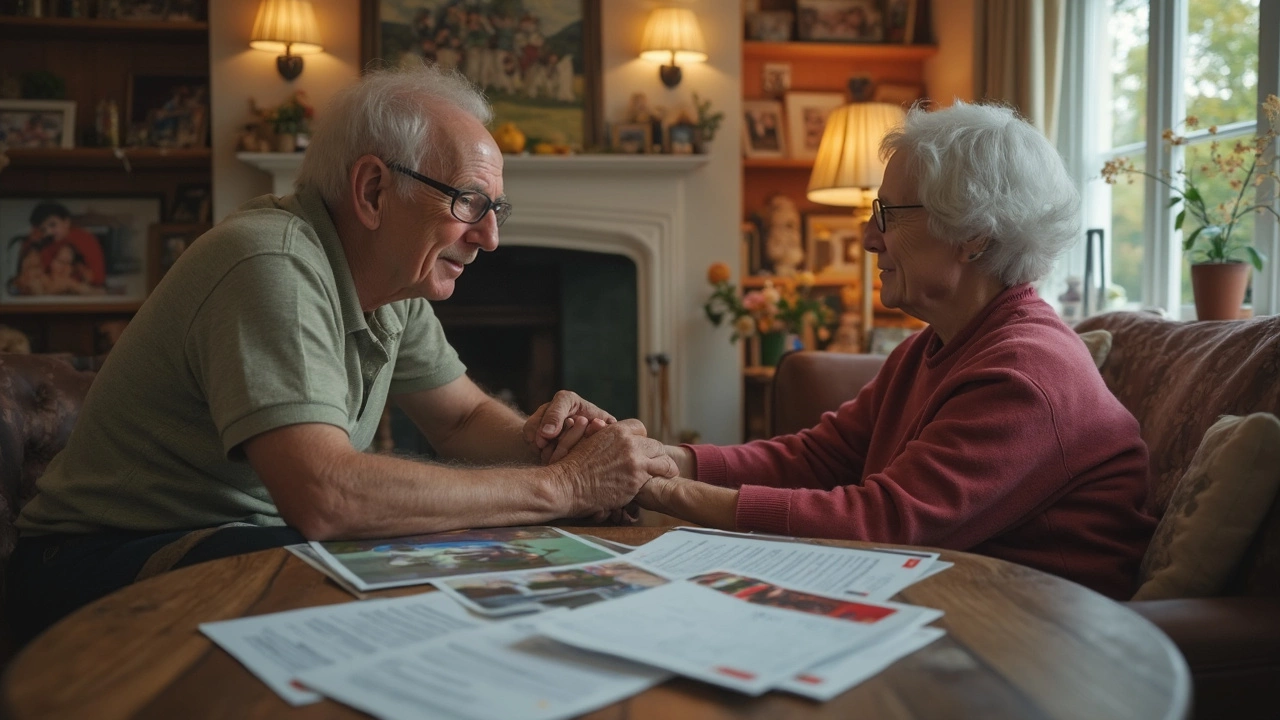Elderly Care: Practical Advice for Seniors and Their Families
Looking after an older loved one can feel overwhelming, but you don’t need a PhD to make smart choices. Below you’ll get straight‑to‑the‑point tips on what Medicare really covers, how to pick comfortable home items, and easy ways to keep daily life safe and pleasant.
Medicare & Equipment Coverage
First off, Medicare isn’t a free‑for‑all. It only pays for items that are medically necessary, like hospital‑grade beds or adjustable chair cushions that help with a condition. If you’re wondering whether a sleep‑number bed qualifies, the short answer is no – unless a doctor can prove it’s needed for a specific medical issue.
To start a claim, get a prescription or a written order from a health professional. Then contact the durable medical equipment (DME) supplier; they’ll handle most of the paperwork. Keep copies of every form and follow up with Medicare if you don’t hear back within 30 days.
Don’t forget about other covered gear: adjustable beds, wheelchair cushions, and even certain chair lifts can be approved under Medicare Part B. Social Security may also help with stair lifts, but you’ll need to show a clear disability that makes stairs unsafe.
Home Comfort & Safety Tips
Beyond insurance, comfort matters. A good mattress or supportive pillow can reduce night‑time pain and improve sleep quality, which is crucial for seniors. Look for breathable fabrics, easy‑to‑wash covers, and a firmness level that eases joint pressure.
When it comes to chairs, a high‑density foam cushion with a washable cover can make long sitting periods more tolerable. If Medicare covers it, you’ll save money, but even an over‑the‑counter cushion can be a game‑changer for a caregiver who spends hours assisting.
Simple modifications around the house can prevent falls. Install grab bars in the bathroom, use non‑slip mats, and keep pathways clear of cords and rugs that could trip someone. Good lighting is another low‑cost win – night‑lights in hallways and brighter bulbs in the kitchen help seniors navigate safely.
If you’re a family caregiver, remember you’re not alone. Some local councils offer respite services, and certain charities provide free training on safe lifting techniques. Taking short breaks and using ergonomic tools (like a rolling cart for laundry) protects both you and the person you’re caring for.
Putting these ideas together—checking Medicare eligibility, choosing comfy, supportive home items, and making the living space safer—creates a solid foundation for quality elderly care. The right equipment and a few sensible tweaks can turn a stressful situation into a smoother, more comfortable everyday routine.
-

Dementia Patients Facing Financial Struggles: What You Need to Know
Exploring the challenges faced by dementia patients who lack financial resources, this article discusses the support systems available for them. It offers insights into government assistance, community resources, and cost-saving tips. We aim to provide a roadmap for families navigating the financial burden of dementia care. Understanding the options can make a significant difference in the lives of affected families.
